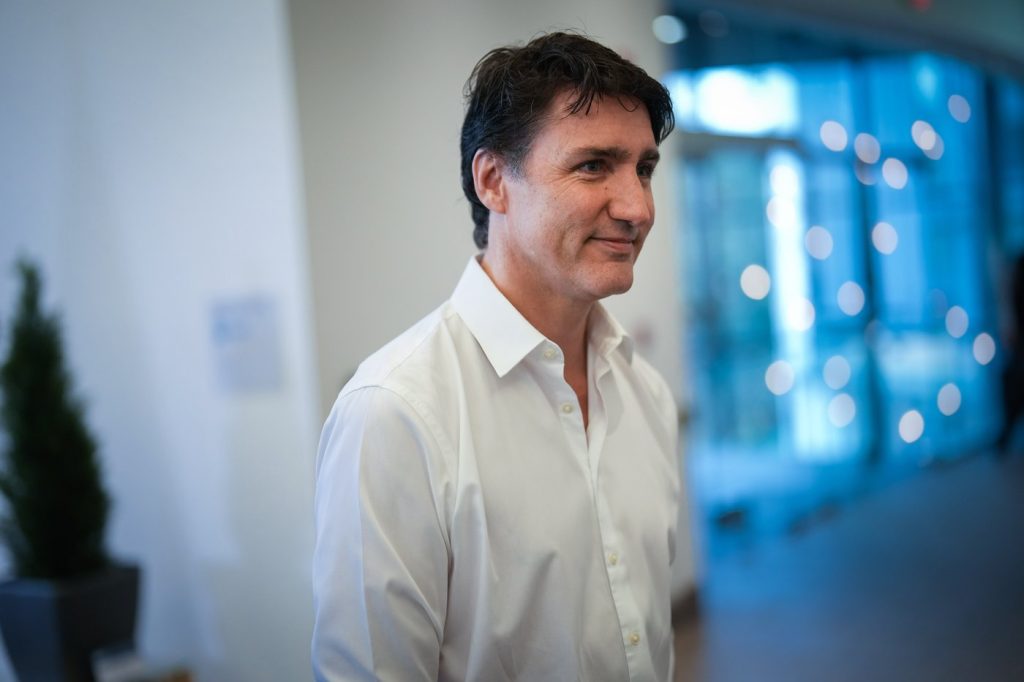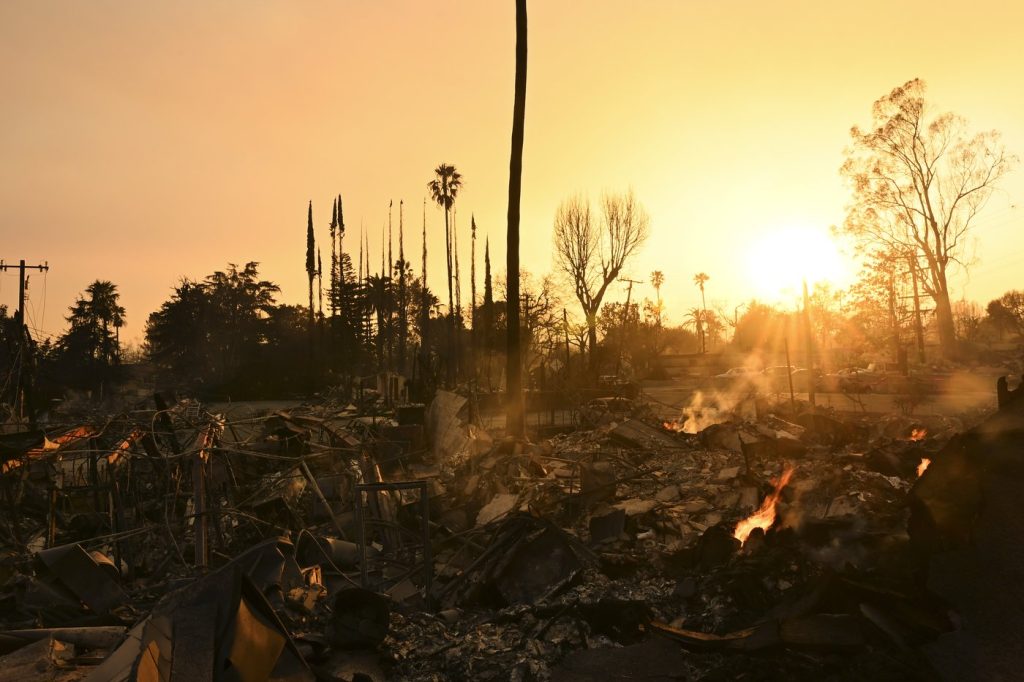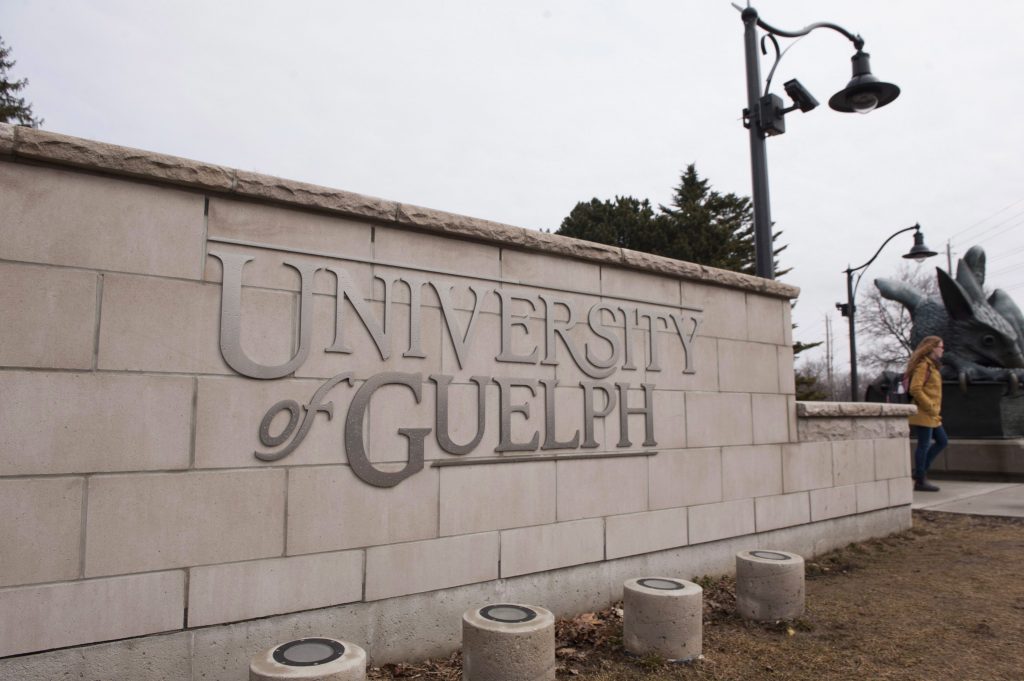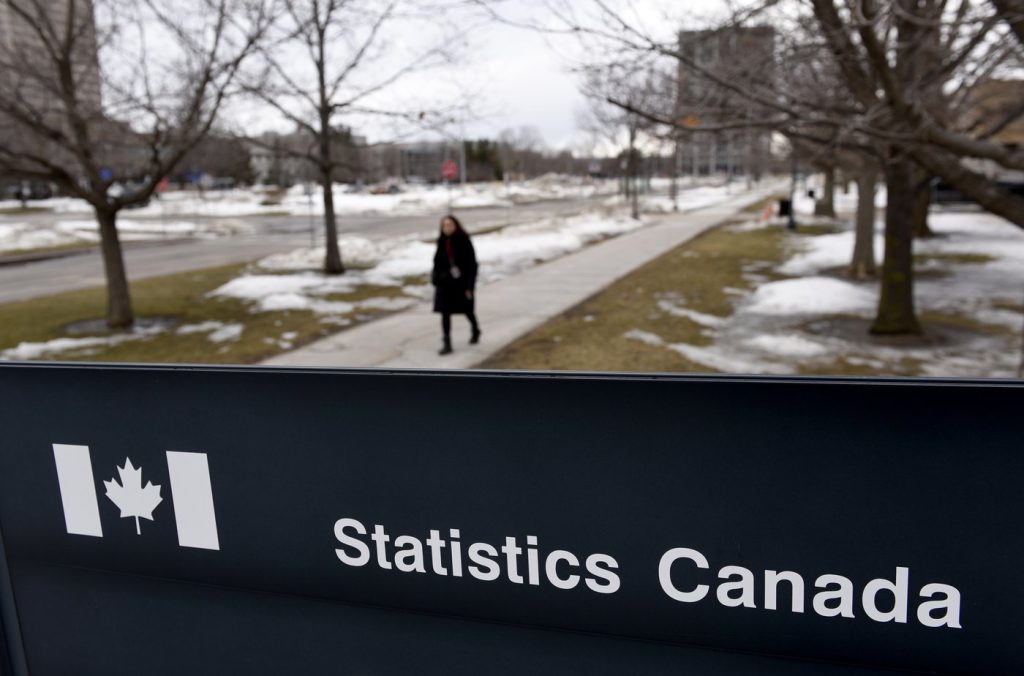U of G prof aids international effort to preserve Ukraine’s digital history
Posted Apr 14, 2022 11:51:23 AM.
Two members of the University of Guelph community are collaborating with an international organization aiming to preserve vulnerable pieces of Ukrainian digital history that are at risk of being erased due to the ongoing Russian invasion of Ukraine.
History professor Kimberley Martin and third-year U of G computer science student Dawson MacPhee are among the 1,300 volunteers trawling through websites via an effort called Saving Ukrainian Cultural Heritage Online (SUCHO).
“We are collectively looking at different websites, primarily in the cultural heritage sector, so libraries, museums, archives, but also things like community centres, music halls, theatres, and making sure what is on the web at the moment or was on the web four weeks ago remains somewhere on the web,” said Martin. “So, protecting it on the server so that when Ukraine is rebuilding they have access to all these things they've worked hard to keep alive,”
Servers going down, power outages and cyber-attacks all contribute to the instability Ukrainian websites are facing.
“When I see what’s happening in Ukraine, you know, people are the most important thing,” said Martin. “Their lives are more important to me than any cultural heritage we can preserve. However, they have a whole culture and history, thousands and thousands of years, they have worked to protect, and that is not top of mind for them. They have to keep themselves alive and their families alive.”
The information being catalogued ranges from historical documents archived in museums or with community organizations, to sheet music, books and academic journals, to artwork 3-D scans and even old letters.
“So we can do work of protecting and safekeeping their culture so it's not wiped, which is something that seems to be a goal for the Russians,” said Martin.
According to SUCHO, to date the team has saved more than 30 terabytes of scanned documents, artworks and many other digital materials from over 3,500 websites of Ukrainian museums, libraries and archives.
The team uses a tool that creates a one-to-one copy of a website and saves it locally before a server crash wipes out the digitized content.
This creates an exact copy of the material and allows for the website to remain online in a different capacity.
Martin has been involved for over a month with the program.
“The first week when I got involved I was like ‘well, this is huge,” said Martin. “For the first, I would say almost two weeks, I was on there a lot of every day, everything else kind of got pushed aside.”
Now, Martin is volunteering as a metadata coordinator as she leads a smaller team to describe the documents.
Fundraising for the project can be found here.








